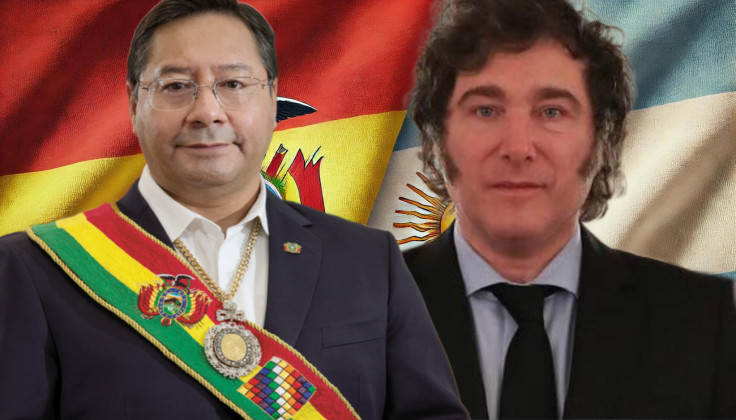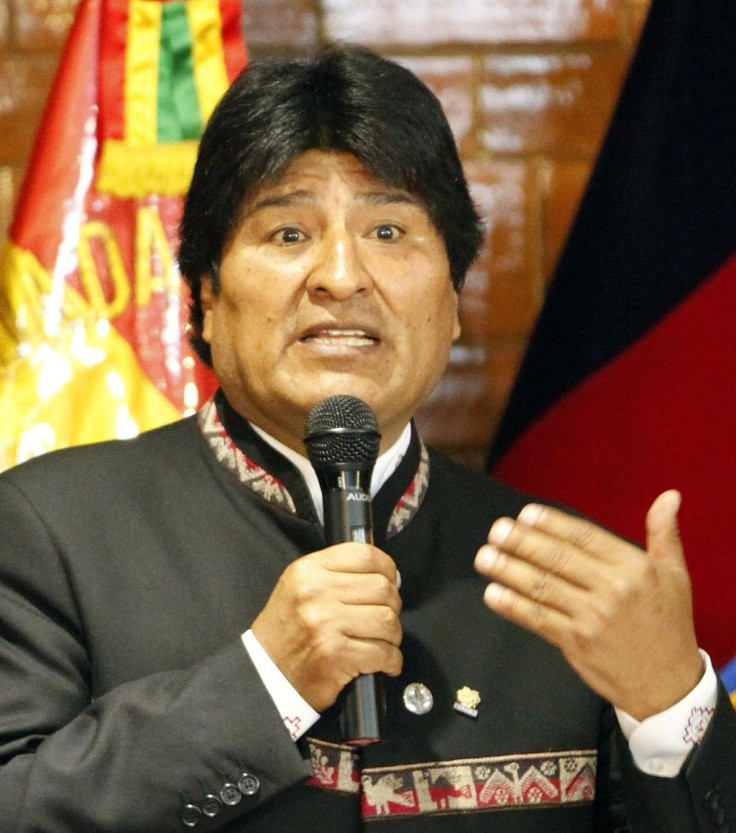
Argentina vs. Bolivia sounds like a clash amid the 2024 Copa America. Unfortunately, the tensions between the two South American countries are not on the soccer field but in something far more significant.
In a dramatic escalation of regional tensions, Bolivia has summoned its ambassador to Argentina, Rodrigo Tapia, following controversial remarks by Argentina's President Javier Milei, claiming that the recent attempted military coup in Bolivia was a "hoax." His comments have sparked outrage and further strained diplomatic relations between the two nations.
Bolivia's attempted coup?
The Bolivian government's stern response comes in the wake of last week's military coup attempt, which has left the nation of 12 million in a state of shock and uncertainty. Bolivian President Luis Arce, now embroiled in a political maelstrom, faces growing accusations that the coup was a fabricated plot designed to bolster his standing. These claims were first made by General Juan Jose Zúñiga, who has since been dismissed and detained on charges of orchestrating the armed rebellion.
@boliviatv 🚨 Juan José #Zúñiga fue trasladado a la cárcel de El Abra en #Cochabamba la tarde de este sábado porque los privados de libertad de Chonchocoro, LaPaz, lo declararon “persona no grata”, informó el director nacional de Régimen Penitenciario, Juan Carlos Limpias. #btvmultimedia #boliviatv #bolivia #btvinforma #btv #golpedeestado #democracia #politica #seguridad #justicia
♬ sonido original - BOLIVIA TV - BOLIVIA TV
In addition to summoning Ambassador Tapia, the Bolivian government called upon the Argentine ambassador in La Paz, Marcelo Massoni, to express their "strong rejection" of the statement from the Casa Rosada.
Adding fuel to the fire, prominent Bolivian opposition figures, including Arce's former ally and ex-President Evo Morales, have supported the theory that the coup was a staged event. Morales, a significant figure in Bolivian politics, echoed the accusations against Arce without providing concrete evidence, amplifying the controversy.
President Milei's comments have added an international dimension to the internal strife. Known for his right-wing stance and critical view of socialist governments, Milei's dismissal of the coup attempt as "not very credible" sharply contrasts with Argentina's initial condemnation of the armed forces' actions in La Paz. This about-face further complicated the diplomatic landscape, prompting Bolivia to reprimand the Argentine ambassador.

Latin America on diplomatic edge
Meanwhile, another diplomatic storm is still happening in Latin America, this time involving Mexico and Ecuador. Relations between these countries are stuck in a rough patch over a contentious extradition case.
The crisis began when Mexico refused Ecuador's request to extradite a high-profile fugitive graft-accused former vice president, Jorge Glas, wanted on corruption charges. The situation reached nuclear proportions when the Ecuadorian authorities entered the Mexican embassy in Quito by force to retrieve Glas in breach of international law.
On April 30th, Ecuador took Mexico to the International Court of Justice (ICJ) for granting asylum to graft-accused Glas, while the diplomatic relations between the two countries remain broken.
As Latin America grapples with these diplomatic crises, the stability and future of regional cooperation remain uncertain. Bolivia and Argentina, and Ecuador and Mexico are navigating complex political landscapes that affect their domestic affairs and have significant implications for their international alliances and diplomatic engagements.
© 2025 Latin Times. All rights reserved. Do not reproduce without permission.





